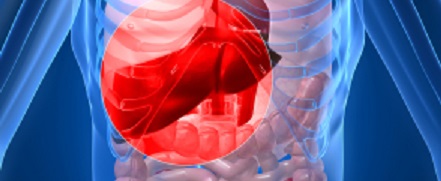Liver Functions
Liver Functions

Largest of your internal organs
You most likely know that the liver is that large organ located on your right side under the ribs. Most of the time you probably don’t even notice that your liver is there, but if it is not functioning properly due to disease or damage due to injury, you will soon be made aware of its importance in helping you to feel well and be healthy.
Liver Functions
--Controls fat metabolism by removing fats from the bloodstream and converting one kind of fat into another and converting some proteins and carbohydrates to fat.
--Maintain normal blood sugar levels by storing extra glucose when blood sugar levels are high and by changing stored glucose to its usable form and releasing it into the bloodstream, when blood sugar levels are too low. It can also convert protein and fat to glucose.
--Helps metabolize protein by removing nitrogen from amino acids, forming waste products that can be excreted by the kidneys, creating certain plasma proteins such as those used for blood clotting, and changing one amino acid to another.
--Acts as a storage depot for glycogen (storage form of blood sugar), Vitamin D, Vitamin A, Vitamin B12, and the mineral, iron. The liver can also store several hundred mils of extra blood for use if needed by the body.
--Filters and detoxifies the blood by removing damaged red blood cells and toxins such as alcohol and other chemicals.
--Aids digestion by secreting bile that is stored in the gallbladder and sent to the duodenum to help digestive enzymes and to facilitate the absorption of fats and fat-soluble vitamins.
What you can do to help keep your liver healthy
You can help keep your liver healthy by getting enough rest, managing stress, wearing protective gear when you play sports or do other high risk activates, maintain a healthy weight, and eat a healthy diet of whole foods with an emphasis on vegetables, fruits, whole grains, lean proteins and healthy fats.

